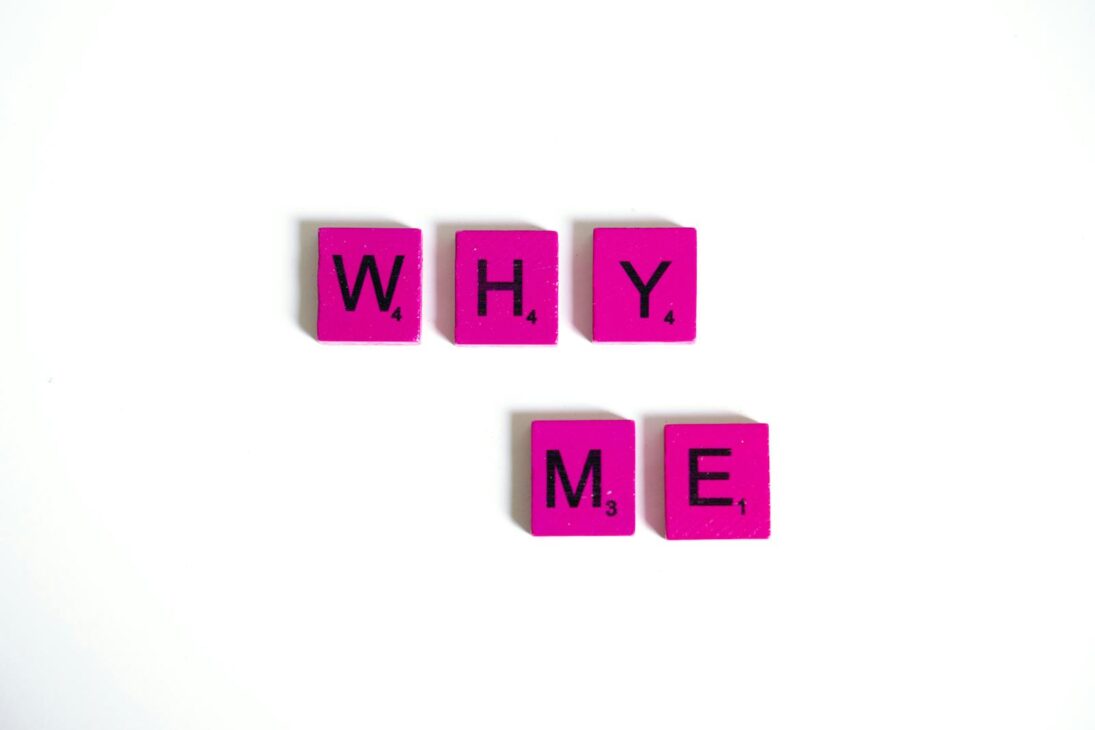Ever found yourself explaining your every move, every choice, every harmless little decision — only to still be met with raised eyebrows and a hint of suspicion? It’s exhausting.

For some reason, no matter what you say or do, there are people who will assume you’re lying, exaggerating, or hiding something. And before you know it, you’re defending yourself like you’re on trial for a crime you didn’t commit.
Sound familiar? Let’s talk about it.
The “prove it” culture
We live in a world where people seem to demand proof for everything. If you say you were stuck in traffic, someone wants the exact street name and time you left. If you share a story from your life, someone chimes in with, “Really? That actually happened?”
It’s as if your words alone aren’t enough — you have to provide receipts, timestamps, and a sworn statement just to be believed. Sure, sometimes people are just curious. But when it happens constantly, it starts to feel like mistrust is the default setting. And that’s when it gets personal.
Why it’s so draining
When you’re always having to justify yourself, you’re constantly in “defence mode.” Even small things — like explaining why you didn’t answer a message right away — become mini courtroom trials.
It’s exhausting because:
- It makes you second-guess yourself. You start rehearsing explanations before you’ve even been questioned.
- It chips away at your confidence. If people keep doubting you, you eventually start wondering, Am I coming across badly?
- It can damage relationships. Being under constant suspicion isn’t exactly the foundation for trust.
The worst part? You can never really win. If someone’s already decided they don’t believe you, no amount of explanation will change their mind.
When people assume you’re lying
Here’s the truth: sometimes it’s not about you at all. People project their own past experiences onto others. Maybe they’ve been lied to before. Maybe they’re naturally sceptical. Or maybe — and this is a hard one — they enjoy the control that comes from making someone feel like they have to prove themselves.

But when you’re on the receiving end, it doesn’t feel like a psychological theory. It feels personal.
The ripple effect
Over time, this constant need to justify yourself can shape the way you act.
- You might start overexplaining everything, even when no one asked.
- You avoid sharing things altogether, just to skip the interrogation.
- You might even feel anxious in social situations because you’re bracing for the inevitable “Really? Are you sure?” response.
And once this pattern sets in, it’s hard to break — because you’ve been conditioned to anticipate doubt before it even arrives.
The subtle guilt trap
One of the most frustrating parts is that being doubted can make you feel guilty even when you’ve done nothing wrong. It’s like someone asking, “Why are you so defensive?” after they’ve accused you of something — a loop you can’t win.

This guilt trap makes you feel like you have to overcompensate by being overly transparent, overly available, or overly agreeable. But here’s the thing: you don’t owe everyone an explanation.
Breaking the cycle
Easier said than done, right? But it is possible to protect your peace without turning into a walking diary.
- Recognise the pattern
Notice when you’re explaining something out of habit, not necessity. Ask yourself: Do they really need to know all this, or am I just trying to be believed? - Give shorter answers
You don’t have to be rude, but you can be direct. “I was late because of traffic” is enough — no need for the minute-by-minute breakdown. - Stop apologising for existing
Not replying instantly doesn’t make you a bad friend. Needing alone time doesn’t make you selfish. Living your life doesn’t require permission slips. - Set boundaries with serial doubters
If someone always questions you, it’s okay to say, “I feel like you don’t believe me when I tell you things.” It shifts the responsibility back to them. - Believe yourself first
The more confident you are in your own truth, the less you’ll feel the urge to convince others.
You’re not here to be everyone’s proof
Here’s the thing: some people will never be satisfied. You could hand them GPS data, CCTV footage, and a signed affidavit from three witnesses — and they’d still raise an eyebrow.
That’s not your problem to solve.
You can be honest, transparent, and well-intentioned, and still be doubted. And while it’s tempting to keep defending yourself until you “win,” that only drains your energy and gives more power to the doubters.
The takeaway
Always having to justify yourself is exhausting, and it can chip away at your confidence if you let it. But you have the right to set boundaries, speak your truth, and not explain every single detail of your life. People who truly know and trust you won’t need you to prove yourself every time. And the ones who do? Well, maybe they don’t deserve all the explanations in the first place.

So next time someone side-eyes your story or presses you for unnecessary details, remember this: your truth doesn’t become less real just because someone else can’t see it.
Related articles you might enjoy:


